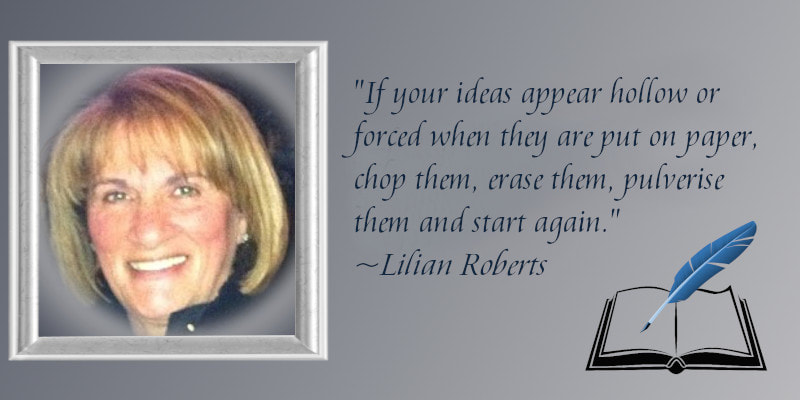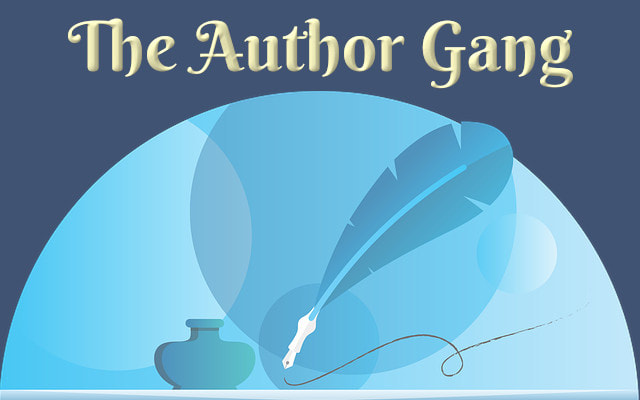A group of multi-genre authors blogging together
|
I started to write when I was very young. It was more like role playing. I wrote stories and pretended that I was one of the characters. In my wildest dreams I never thought that one day I will become and actual author and see my books in print. It is the most extraordinary feeling in the world. I was fascinated with the possibility of human immortality. As an engineer I always wondered about the probability of longevity. What if? That is a big question that still keeps the scientist looking for answers. I am not going to see that possibility in my lifetime so I decided to make it happen in my books. This may be a long a boring subject for many but not for those that love to see immortality happen at some point and time.
How will our world end? "Not with a bang but with a whimper," wrote the American poet T.S. Eliot regarding the end of the world. But if you want a more definite response, you'll find that physicists have spent countless hours turning this question over in their minds, and have neatly fit the most plausible hypotheses into a few categories. What if Immortality could be achieved? Then the end of the universe would mean absolutely nothing to the ones with eternal life. They will move on to another world. The love of life and the fear of death. These are the two primary motivations that fuel humanity’s quest for immortality. Since time immemorial, countless generations have sought to understand the secret to long life and by extension, immortality. Ancient alchemists were obsessed with finding the elixir of life. Spanish explorer Ponce de Leòn set out to Florida in the 16th century to discover the “Fountain of Youth.” Fast forward to today, massive advancements in science and technology have enabled scientists to understand life to its core; the cellular, and genetic levels. Consequently, life expectancy has progressed steadily indicating that scientific interventions are significantly capable of prolonging human life. As science continues to unravel the mysteries of human life, one important question arises: Futurists have widely popularized the notion that we don’t need a body to exist. The plan is to develop a brain-computer interface to counter the limitations of our physical bodies. A BCI having the contents of your brain and your personality can operate from a robotic body. This will prolong the human lifespan by hundreds of years if not indefinitely. It sure sound crazy not something that most people would like to do. If you are human, you are going to die. This isn't the most comforting thought, but death is the inevitable price we must pay for being alive. Humans are, however, getting better at pushing back our expiration date, as our medicines and technologies advance. If the human life span continues to stretch, could we one day become immortal? The answer depends on what you think it means to be an immortal human. "I don't think when people are even asking about immortality they really mean true immortality, unless they believe in something like a soul," Susan Schneider, a philosopher and founding director of the Center for the Future Mind at Florida Atlantic University, told Live Science. "If someone was, say, to upgrade their brain and body to live a really long time, they would still not be able to live beyond the end of the universe." Certain scientist, futurists, and philosophers have theorized about the immortality of the human body, with some suggesting that human immortality may be achievable in the first few decades of the 21st century. Other advocates believe that life extension is a more achievable goal in the short term, with immortality awaiting further research breakthroughs. The absence of aging would provide humans with biological immortality, but not invulnerability to death by disease or injury. Whether the process of internal immortality is delivered within the upcoming years depends chiefly on research (and in neuron research in the case of internal immortality through an immortalized cell line) in the former view and perhaps is an awaited goal in the latter case. Physical immortality is a state of life that allows a person to avoid death and maintain conscious thought. It can mean the unending existence of a person from a physical source other than organic life, such as a computer. Life defined as biologically immortal is still susceptible to causes of death besides aging. If human beings were to achieve immortality, there would most likely be a change in the world's social structures. Sociologists argue that human beings' awareness of their own mortality shapes their behavior.[78] With the advancements in medical technology in extending human life, there may need to be serious considerations made about future social structures. The world is already experiencing a global demographic shift of increasingly ageing populations with lower replacement rates. The social changes that are made to accommodate this new population shift may be able to offer insight on the possibility of an immortal society. © Lilian Roberts
7 Comments
|
The OAGblog is closed due to problems with Blogger, therefore, the GBBPub is hosting the Author Gang on this website. We're a group of authors writing interesting posts weekly and interacting with readers.
If you're an authorCategories
All
Archives
July 2022
|
Copyright © Golden Box Books Publishing, 2015 New York, USA





















 RSS Feed
RSS Feed